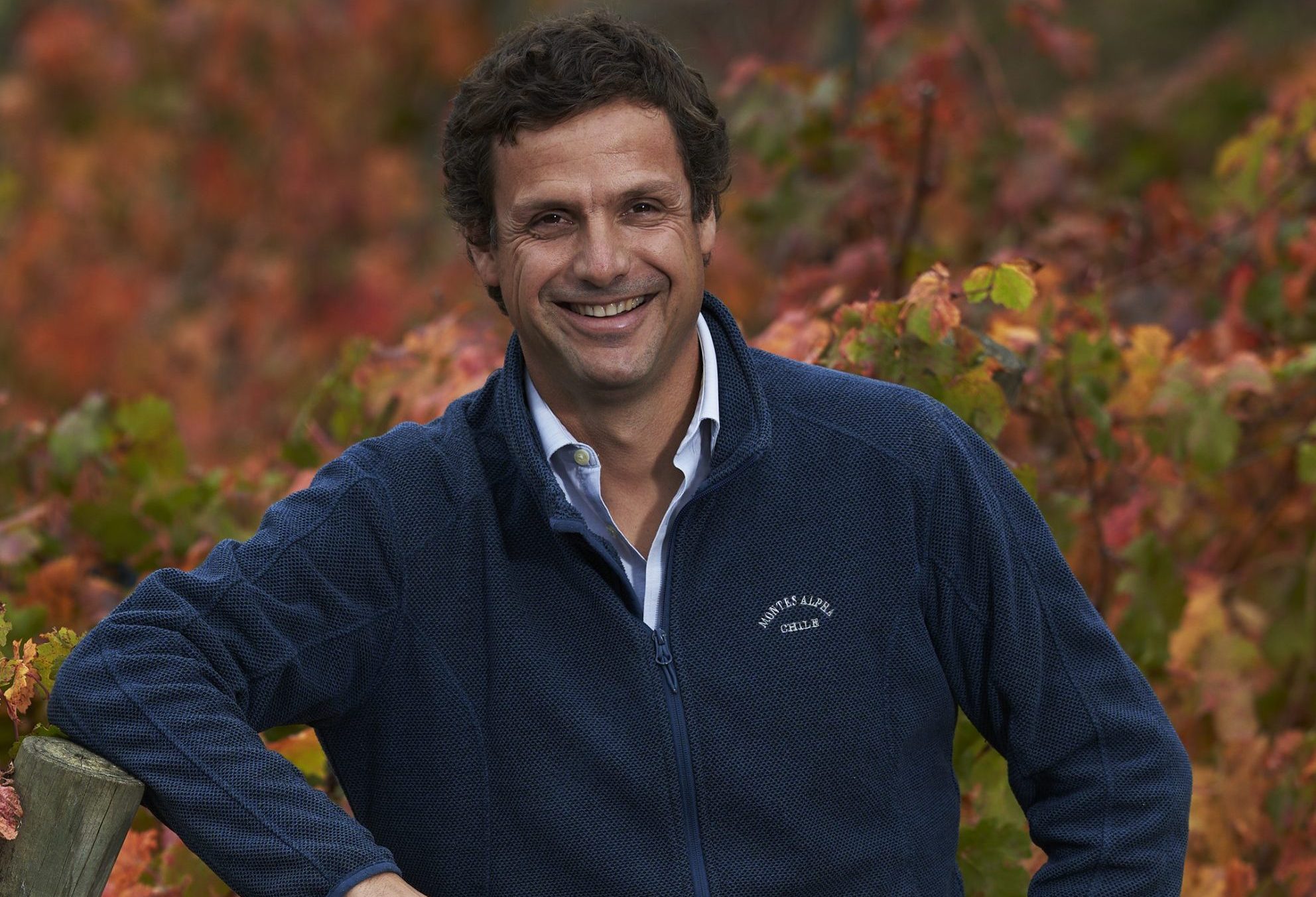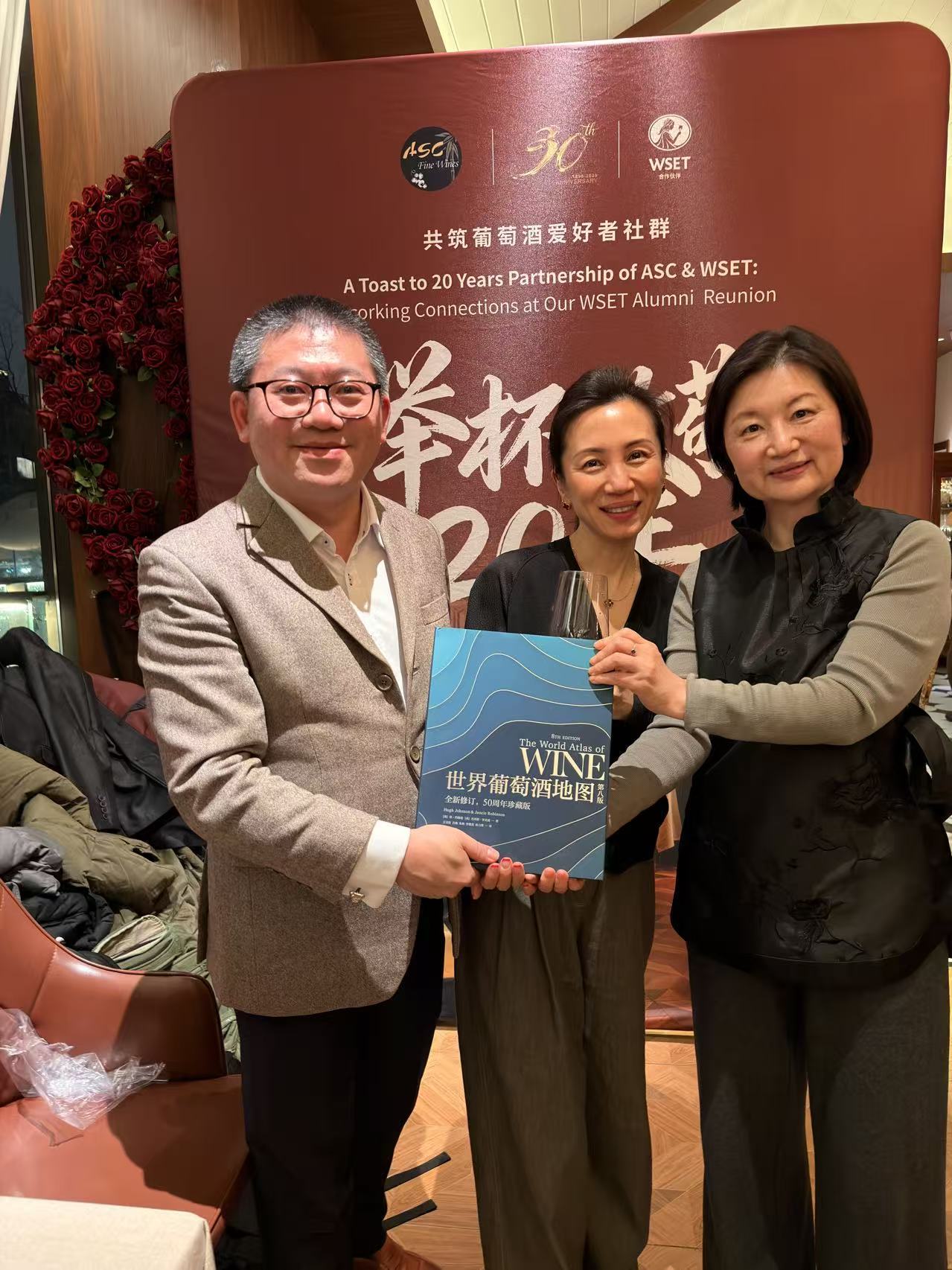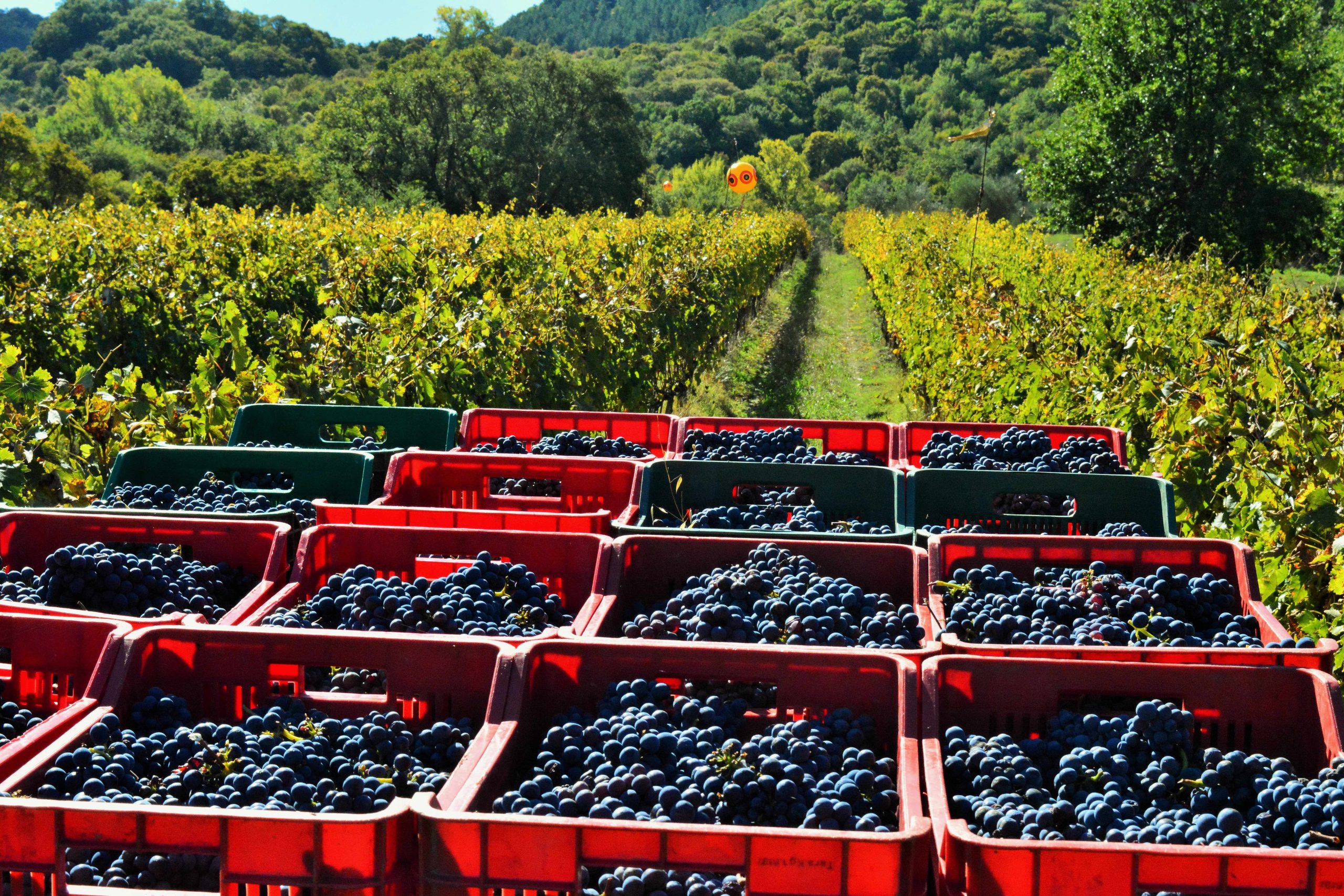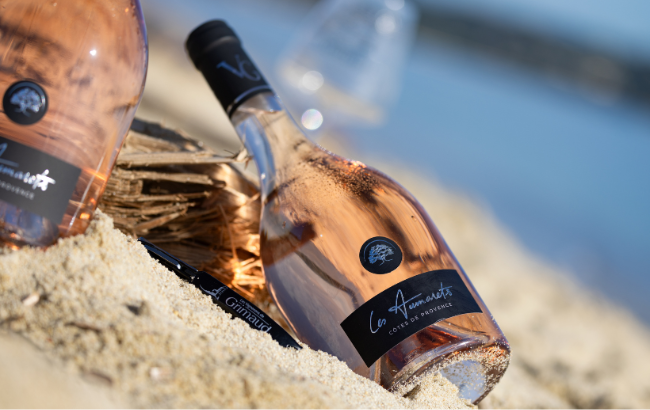Symposium argues need for new fizz category
A “big opportunity” exists to create a low alcohol but premium sparkling wine category.
Speaking on the first day of the International Sparkling Wine Symposium at Denbies Wine Estate in Surrey, wine consultant Jane Robichaud identified both the demand and challenges for this style.
“There’s a consumer revolt against high alcohol wines”, she observed, before acknowledging that quality remains the biggest barrier deterring UK consumers from low alcohol wines.
According to a You Gov poll taken in August this year, 39% of consumers cited taste and 28% named quality as the main obstacle to buying low alcohol wine.
However, Robichaud also pointed to the positive news that 16% of consumers expressed no concerns about buying low alcohol wine.
On this basis, she argued that the industry needs to find a way to produce low alcohol sparkling wine priced at £8-£10 which still “delivers on aroma, flavour and mouthfeel.”
Examining the various methods currently used to produce lower alcohol wines, Robichaud, who consults for Conetech and its off-shoot TFC Wines and Spirits, presented her case for the advantage of the companies’ Spinning Cone Column.
Partner Content
Of what she referred to as “rustic” techniques for producing low alcohol wines, Robichaud described how early harvesting “can be rather thin and acidic”, arrested fermentation “excessively sweet for the premium category”, and dilution “out of balance with artificially added flavours.”
Moving on to “hi-tec” solutions, she criticised the loss of flavour caused by reverse osmosis or the more expensive membrane filtration.
By contrast, Robichaud picked out the Spinning Cone Column, which operates like a gentle distillation process, as “the only system that captures aroma and flavour, which can then be blended back in.”
Stressing that the best results required “really nice, ripe fruit that you’re going to treat as serious wine,” Robichaud also acknowledged the fact that the machine is difficult to transport and requires skill to operate.
Nevertheless, she presented it as the best method for embracing “the opportunity to greatly broaden sparkling wine’s consumer base and make wine more accessible.”
the drinks business will be examining low alcohol wines in greater detail as part of our 2011 Trends Report. Please share your views on the style’s future and production methods by emailing gabriel.savage@thedrinksbusiness.com




